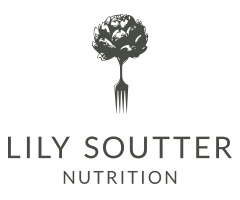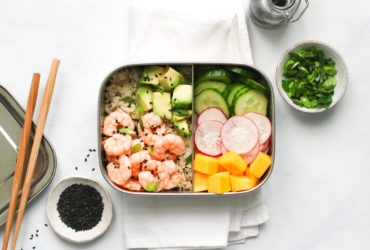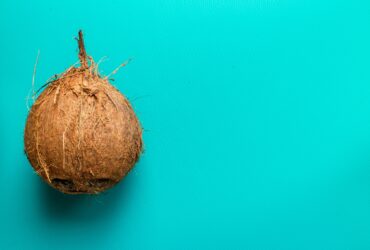Whilst salt (sodium) certainly does play a role within the body and is an essential component of the diet, for most meeting our daily requirements is far from difficult, in fact, many within the UK are eating too much.
The maximum recommended intake of salt per day is 6g, yet on average we’re consuming 8g per day! Eating too much salt can raise blood pressure, which can increase the risk of developing heart disease and stroke. Most of our salt is hidden in foods; therefore it can be difficult to quantify how much we’re consuming each day. It has been estimated that as much as 75% of our salt intake comes from everyday foods such as bread, breakfast cereal and ready meals.
A quick way for checking the salt content of your food is to read food labels. If a food has more than 1.5g salt per 100g then this product is high in salt, if the product has less than 0.3g salt per 100g, the product is low in salt. The traffic light labelling system is also a fast track way of identifying the quantity of salt in our food.

Unfortunately, it’s also easy to fall into the trap of believing the marketing hype around so-called healthy alternatives such as pink Himalayan salt. A quick Google search will tell you that this pretty pink salt can cure-all, which can lead to liberal use within our food. However, a lot of these claims are far from the truth and at the end of the day, we must watch all types of salt intake.
Instead, try adding flavour to your food with spices and mixed herb, buy tinned pulses and vegetables without added salt, watch intakes of smoked or cured meats and always check and compare food labels.
FREE 15 MINUTE NUTRITION CONSULTATION
Lily is a London Nutritionist who graduated from Newcastle University with a BSc (Hons) degree in Food and Human Nutrition (AfN accredited) where she was awarded the Sage Faculty for Excellence Scholarship on an annual basis. She then went on to complete a 2-year post-graduate Diploma in Nutritional Therapy and is currently working towards her MSc in Nutritional Medicine (AfN accredited) at the University of Surrey. Lily’s extensive knowledge of the science of food and health, enables her to regularly write for The Times, The Telegraph, The Daily Mail, The Independent, Women’s Health and Cosmopolitan.
Her frequent TV appearances include ITV’s This Morning with Holly Willoughby and Phillip Schofield, and ITV’s primetime series Save Money: Lose Weight with Dr Ranj Singh. Lily’s passion is to simplify the science around nutrition, to provide health hacks and smarter eating strategies to empower people to enjoy a healthy and successful lifestyle. Her specialities lie in workplace wellness, implementing nutrition-focused wellbeing programmes within corporate organisations across the UK.
Lily also sees individual clients from her clinic in Chelsea and a private medical practice based in Notting Hill.



